PROTECT YOUR DNA WITH QUANTUM TECHNOLOGY
Orgo-Life the new way to the future Advertising by AdpathwayThe ongoing controversy surrounding Zohran Mamdani, a New York mayoral candidate, highlights the shifting landscape of American citizenship and the increasing use of naturalization status as a political weapon. Calls for Mamdani’s denaturalization and deportation, primarily spearheaded by Republican figures like Congressman Randy Fine, suggest a growing anxiety about who qualifies as a legitimate American citizen. Fine has vocally claimed that Mamdani is a product of “massive naturalization fraud,” but the lack of formal charges indicates that these allegations might be more about political maneuvering than legal considerations.
In his social media tirade, Fine did not hold back. He described Mamdani as “little more than a Muslim terrorist,” reflecting an alarming tendency to label dissenting voices in extreme terms. Such rhetoric not only raises questions about the validity of the accusations but also reveals a deeper divide in perceptions of belonging and loyalty in America. Fine’s calls for action were echoed by others on the right, including a viral post declaring that citizenship should not be assumed for those who “have not assimilated into our culture.” This notion of cultural assimilation is central to the criticism leveled against Mamdani, whose progressive policies and background as a Democratic Socialist have drawn significant ire.
Mamdani, who was born in Uganda but has lived in New York since childhood, won the Democratic primary after emphasizing policies aimed at tackling pressing urban issues like affordable housing and public transit. His ascent is not just a career achievement; it represents a shift further left in urban political dynamics. The timing of the attacks on his citizenship coincided with his public statement regarding the Hamas attacks on Israel, where he condemned the violence but also accused Israel of pursuing a “genocidal war.” Such statements only intensified criticism from detractors who quickly aligned his views with anti-American sentiment.
Critics have relied on association rather than evidence, branding him as sympathetic to terrorism without substantial proof. Meanwhile, Mamdani’s past as a rapper has also come under scrutiny, with references to lyrics suggesting radical ideology. However, legal experts point out that these expressions are protected under free speech, emphasizing the troubling nature of wielding past artistic expression as a tool for political attack.
As it stands, Mamdani’s legal documentation appears in order, reaffirming his status as a U.S. citizen eligible for public office. Yet the question remains: does his background, beliefs, or religion make him unfit to lead? The broader implications of this controversy extend beyond Mamdani himself. They touch on fundamental ideas surrounding citizenship, loyalty, and the politicization of immigration status. The responses from civil rights groups and Muslim advocacy organizations underline the perception that calls for Mamdani’s denaturalization are steeped in racism and Islamophobia, highlighting how these accusations can disproportionately target marginalized communities.
The absence of evidence to support the claims of naturalization fraud starkly contrasts the severity of the allegations. Historically, citizenship revocation is rare and primarily pursued in cases involving serious legal breaches, not political expression. This trend raises the alarm that political dissent may now risk the fundamental rights associated with citizenship, transforming it from a guaranteed status into a conditional privilege.
As Mamdani’s campaign moves forward, he faces not only the standard challenges of an election cycle but also a unique battle over his identity and what it means to be an American. A potential victory would make him not only the first Muslim mayor of New York City but also an emblem of changing political tides amidst increasing partisanship. The ongoing debate around his citizenship could resonate far beyond his election, potentially influencing the national understanding of citizenship and what it entails.
With the general election approaching, Mamdani is set to face Republican Curtis Sliwa, who presents a law-and-order message but has not explicitly echoed calls for deportation. Yet, the underlying sentiment remains clear—Mamdani’s identity and beliefs will likely continue to be scrutinized, as the lines between national allegiance and political ideology grow more convoluted. The outcome of this election may very well shape the future narrative surrounding citizenship in America.
"*" indicates required fields


 5 hours ago
6
5 hours ago
6

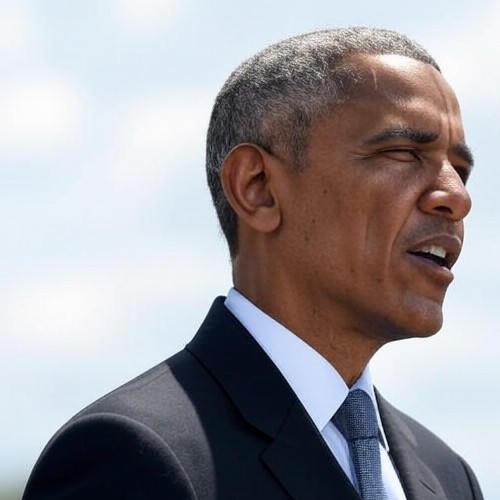
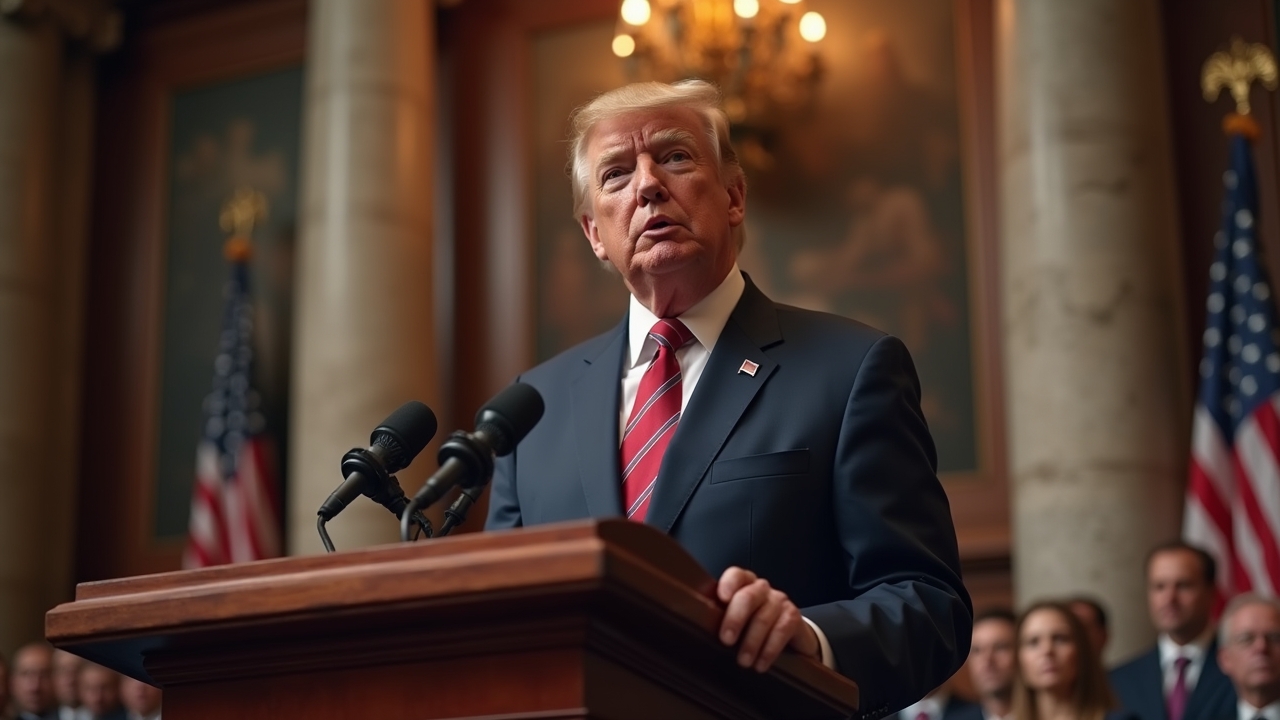
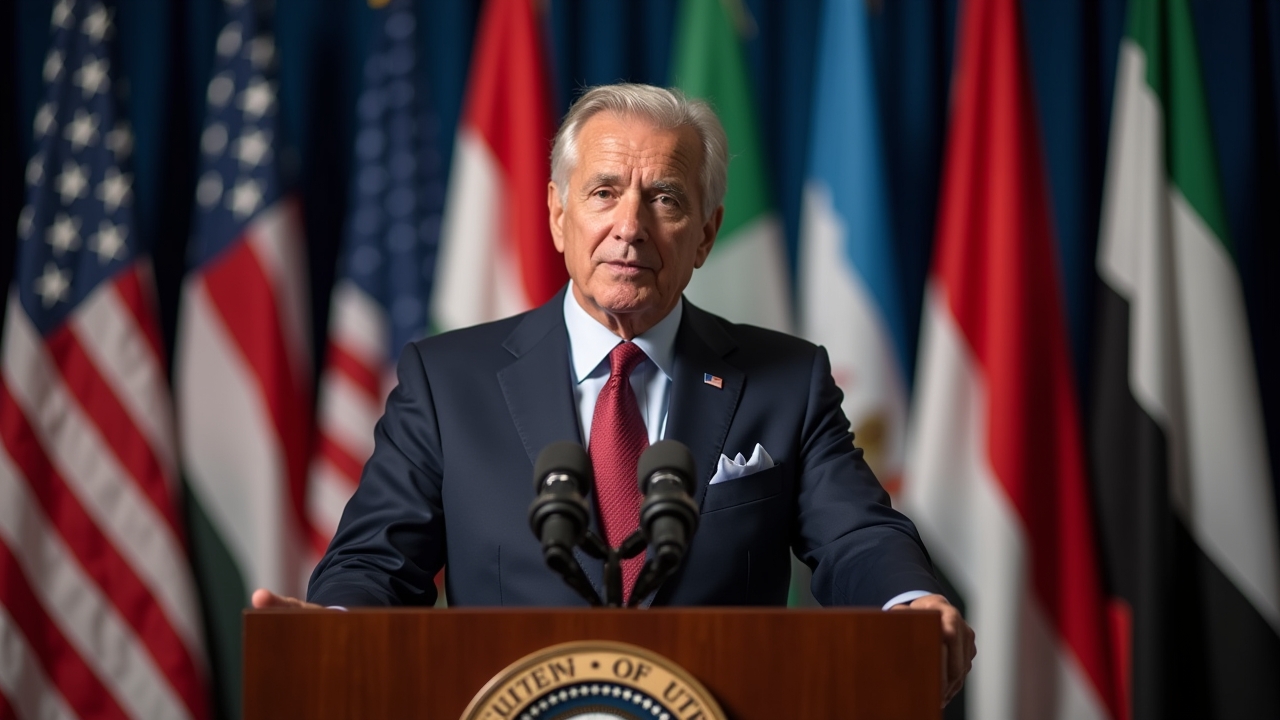

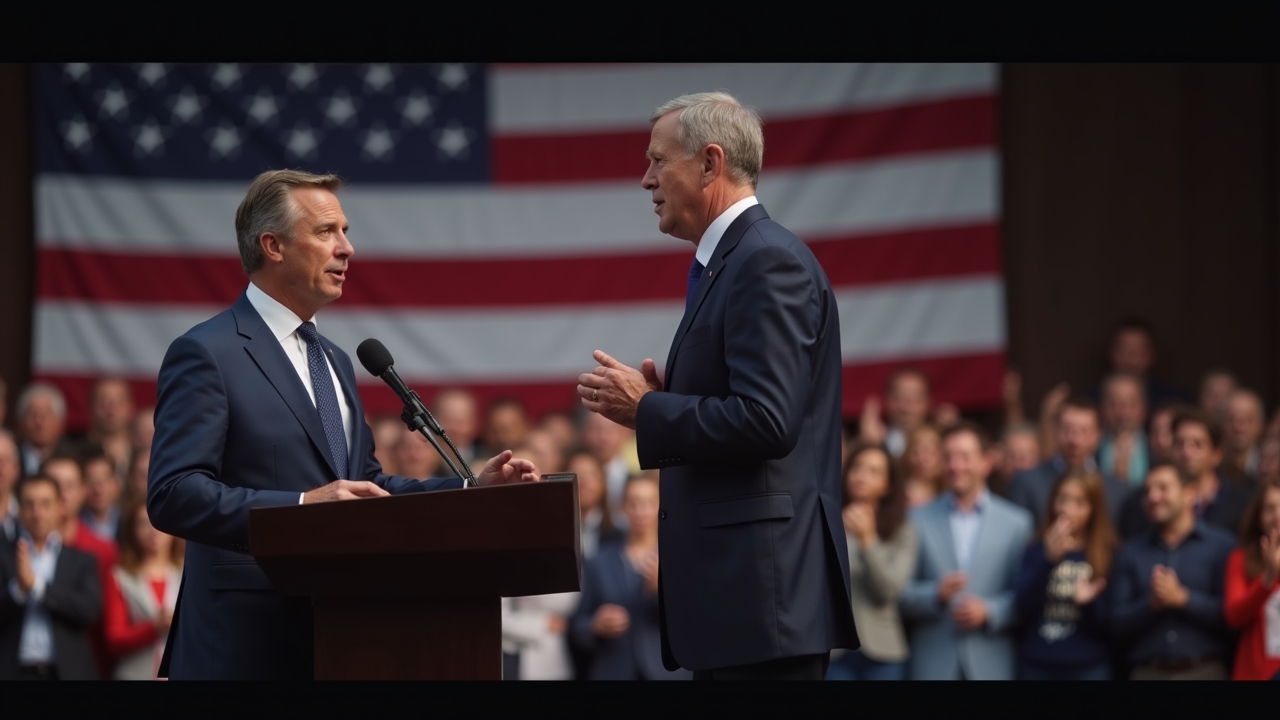
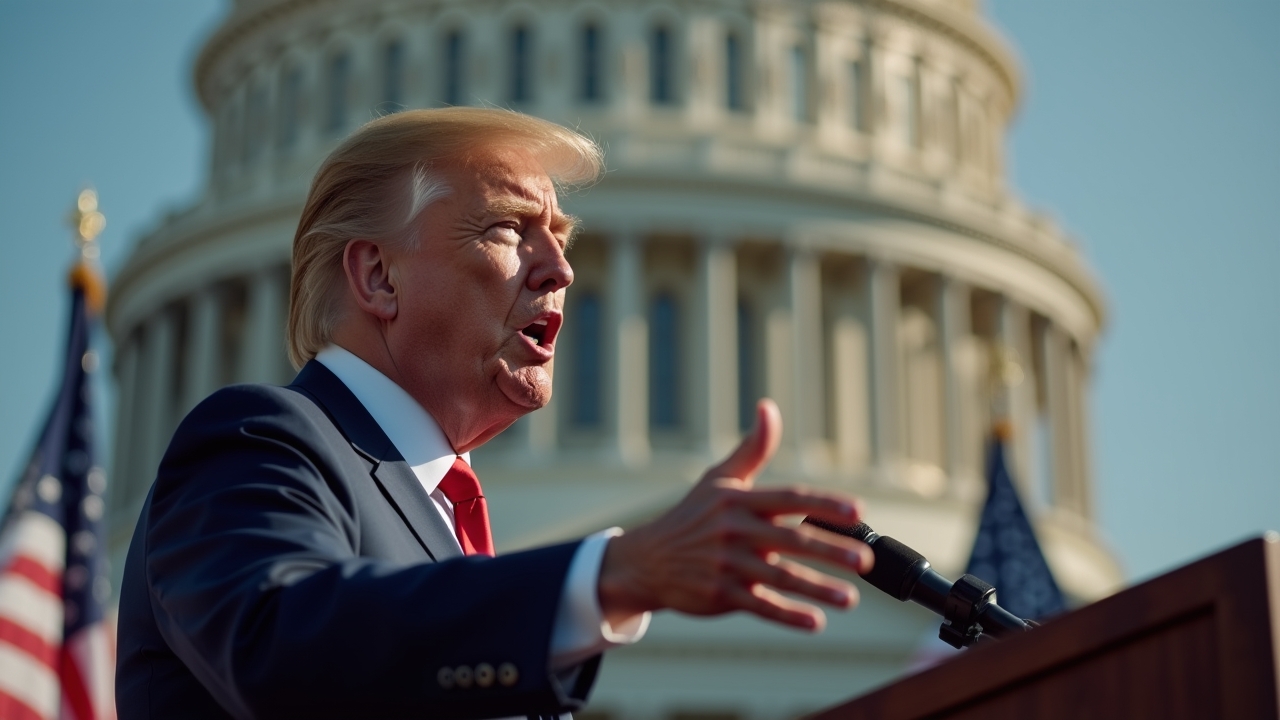
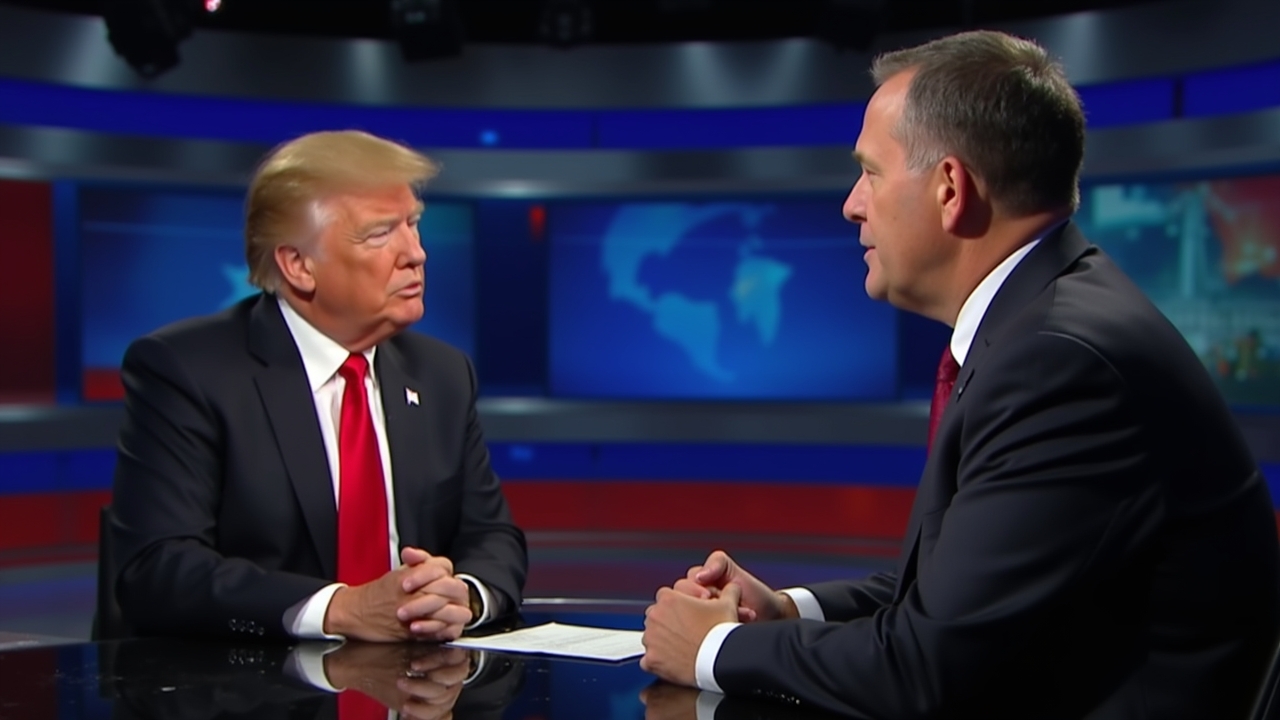










.jpg)






 English (US) ·
English (US) ·  French (CA) ·
French (CA) ·